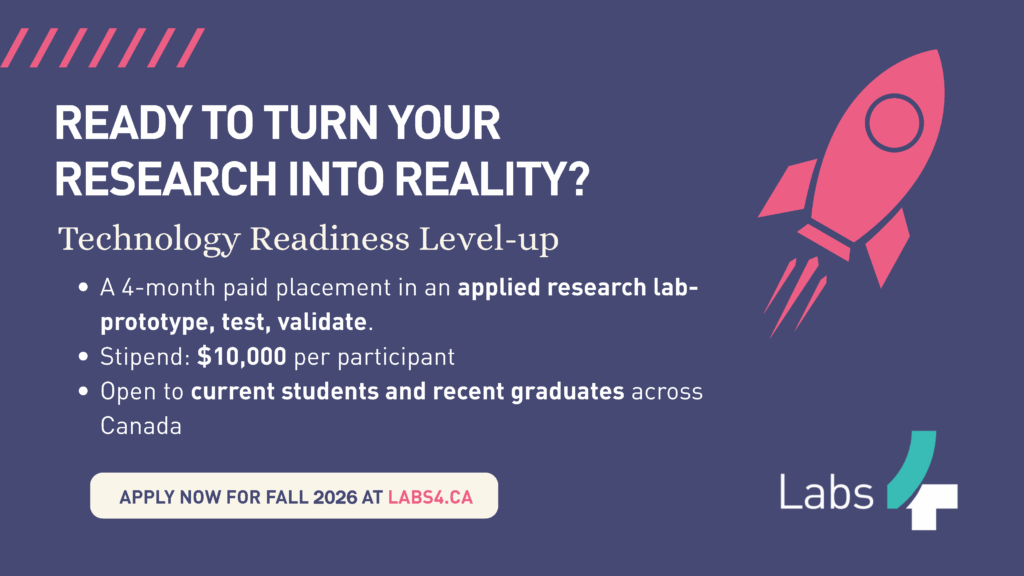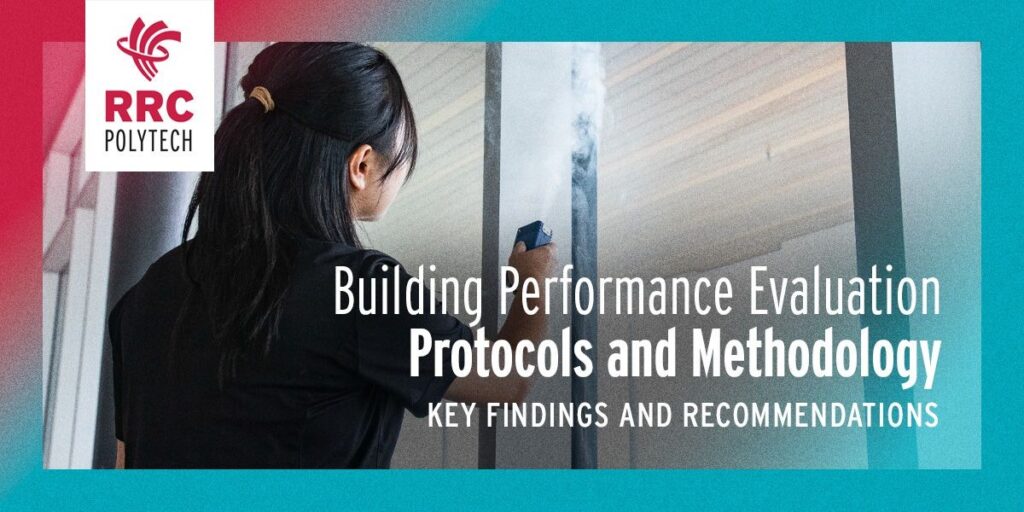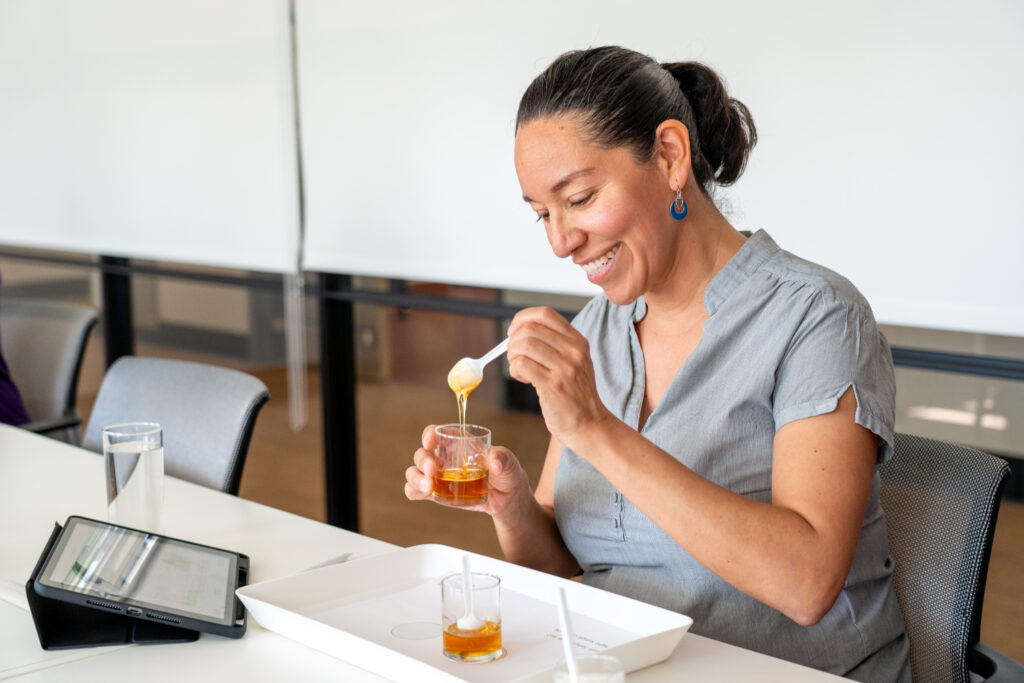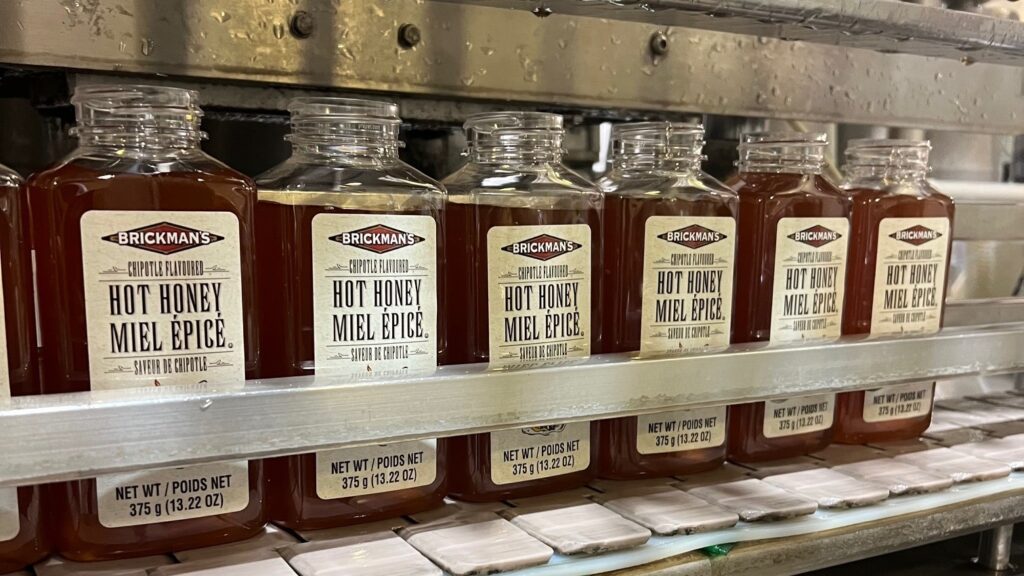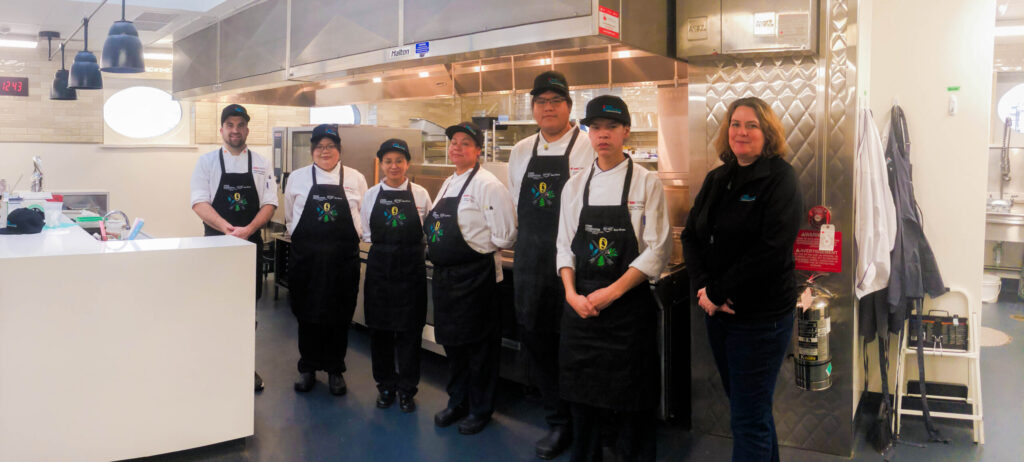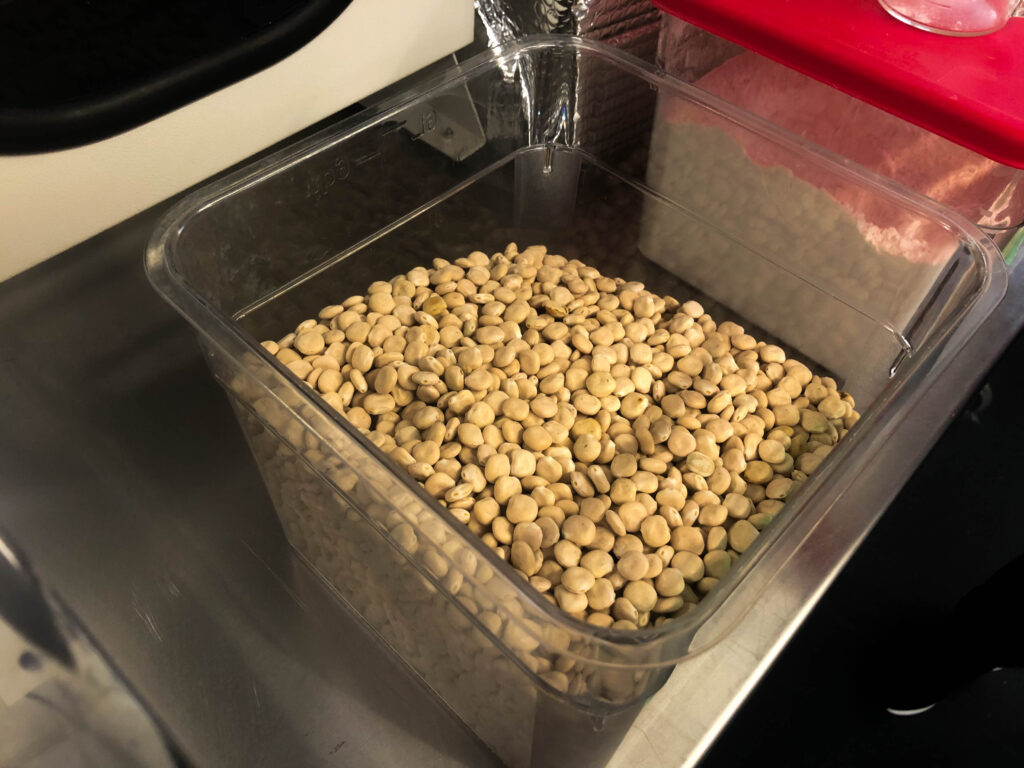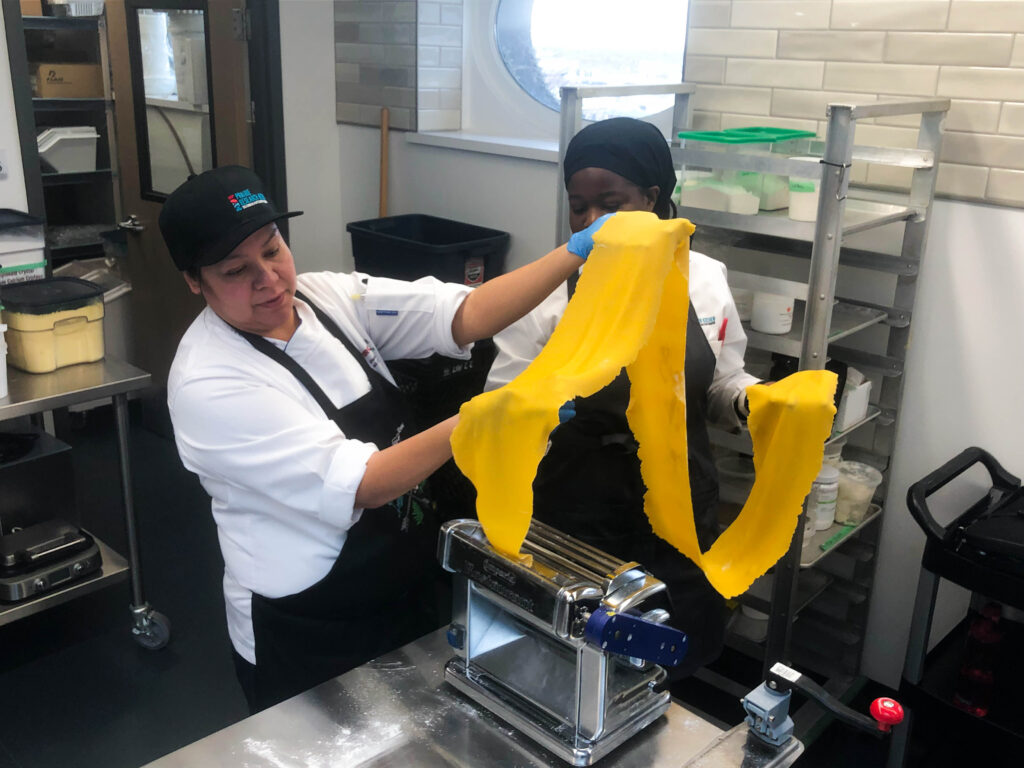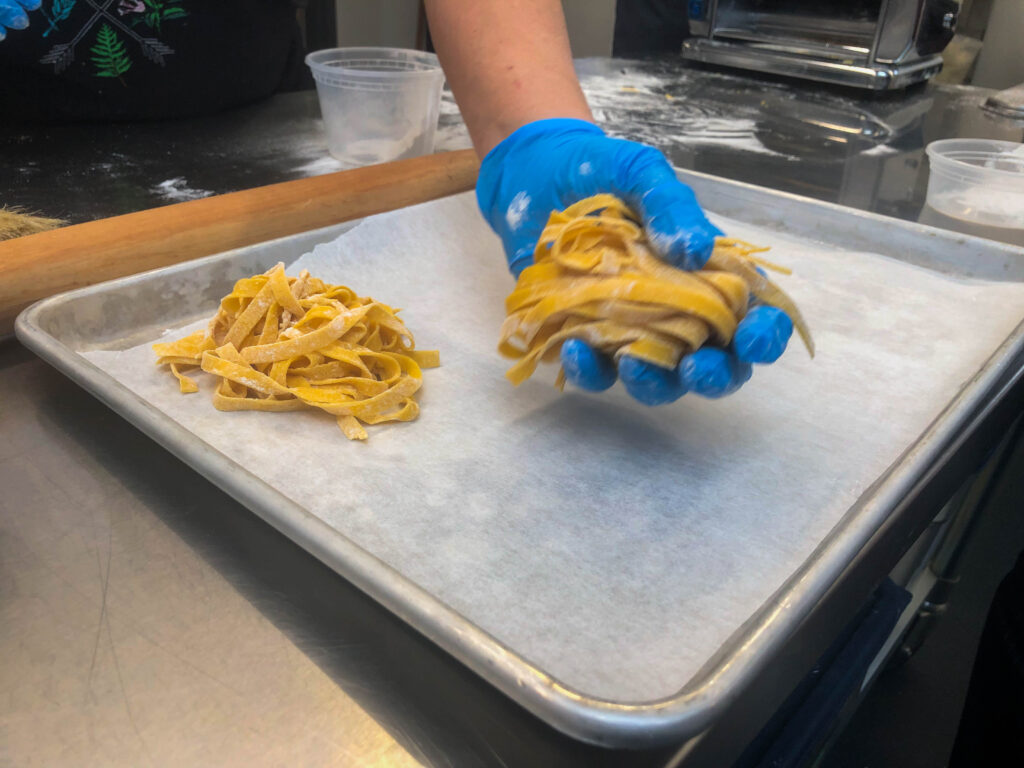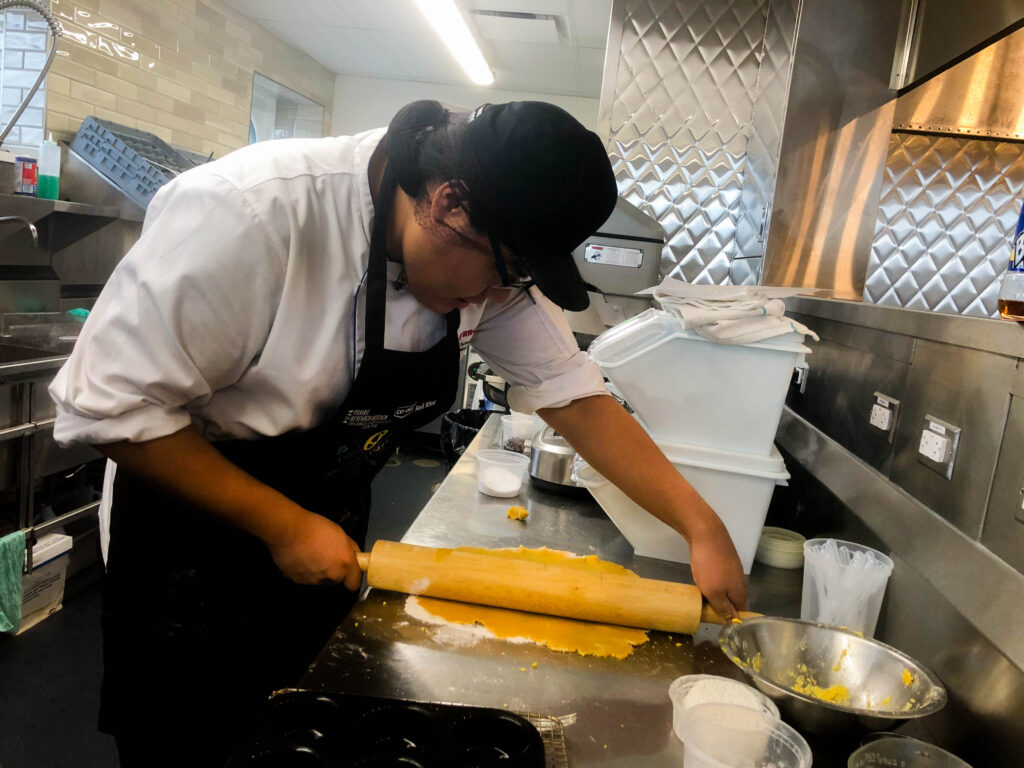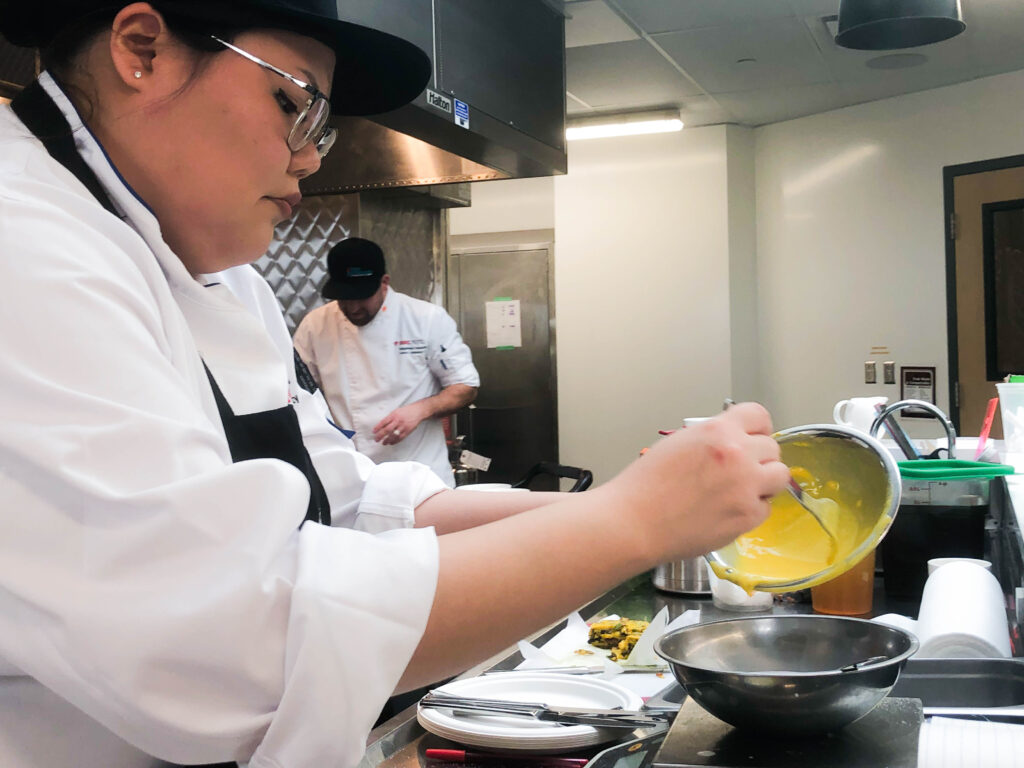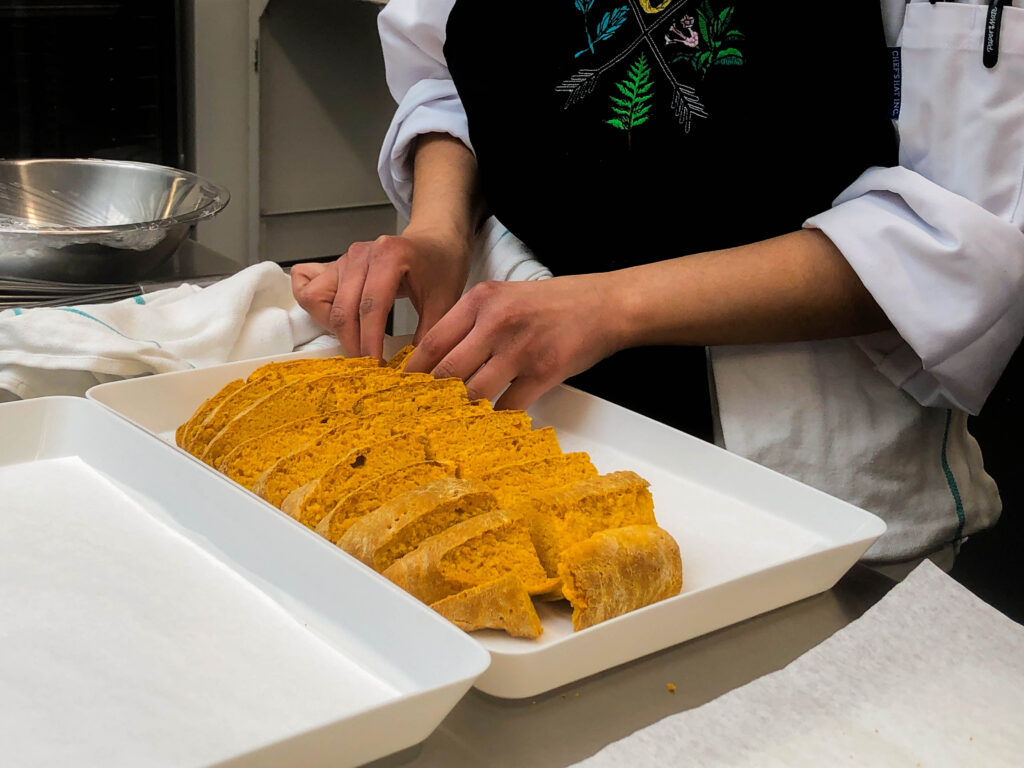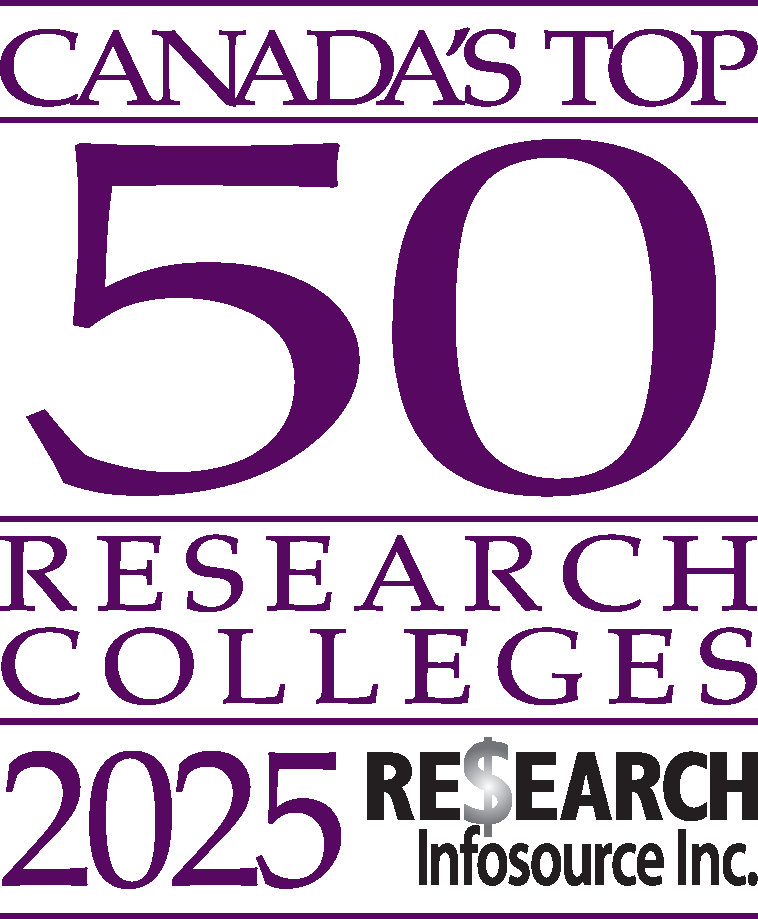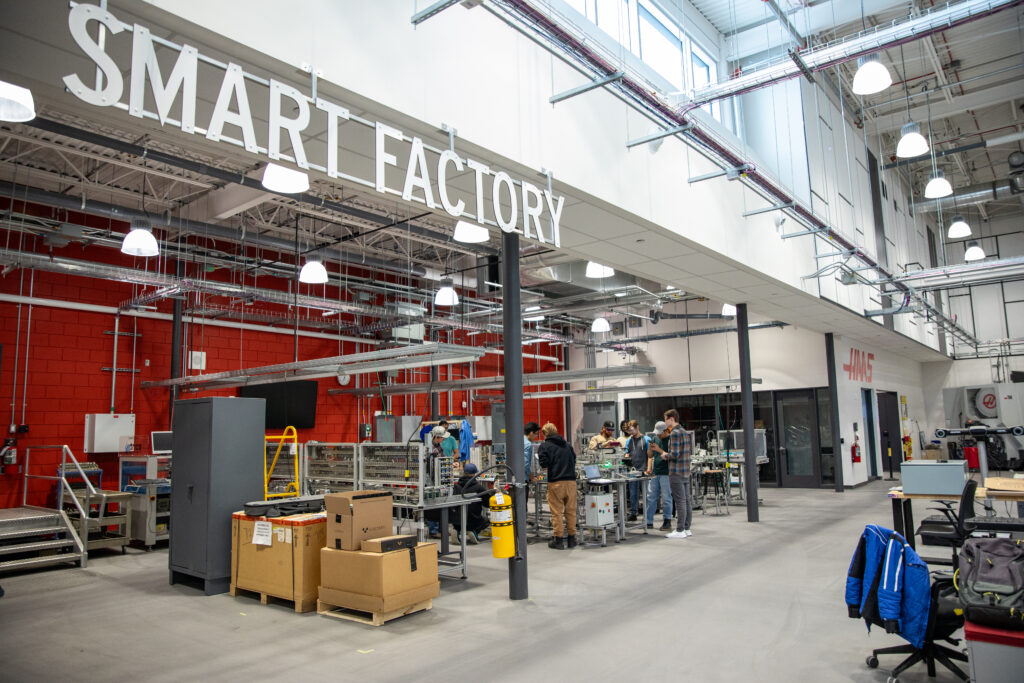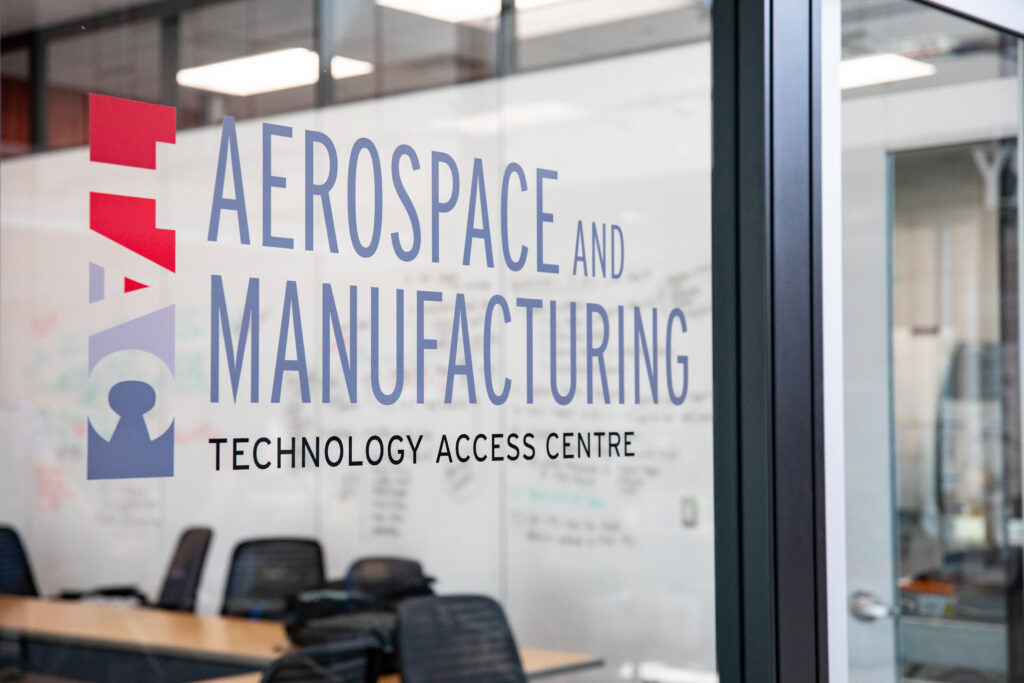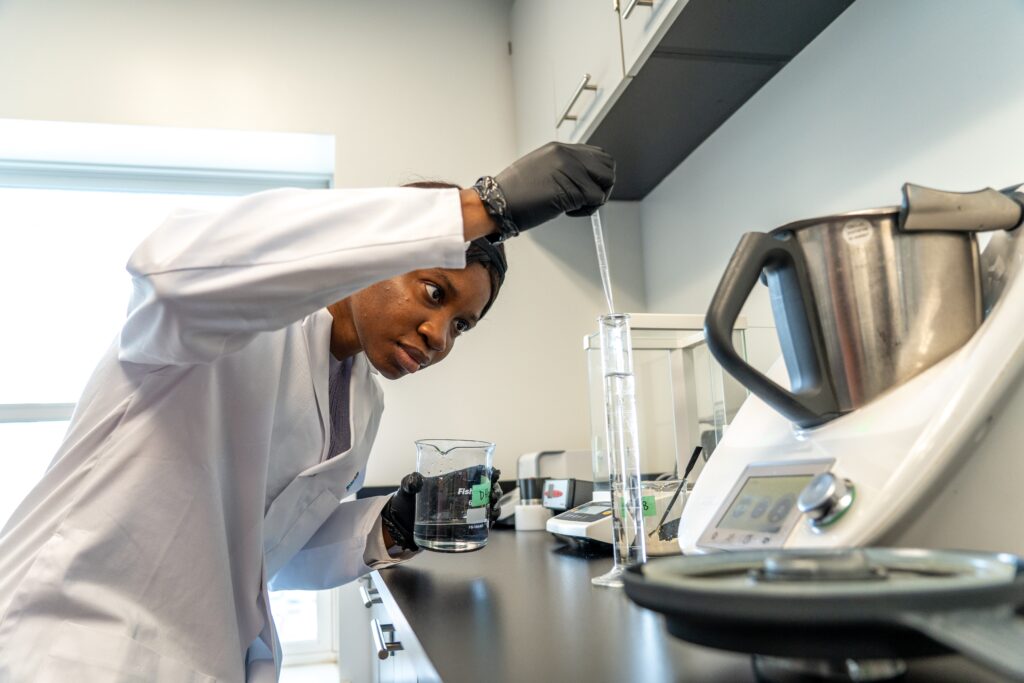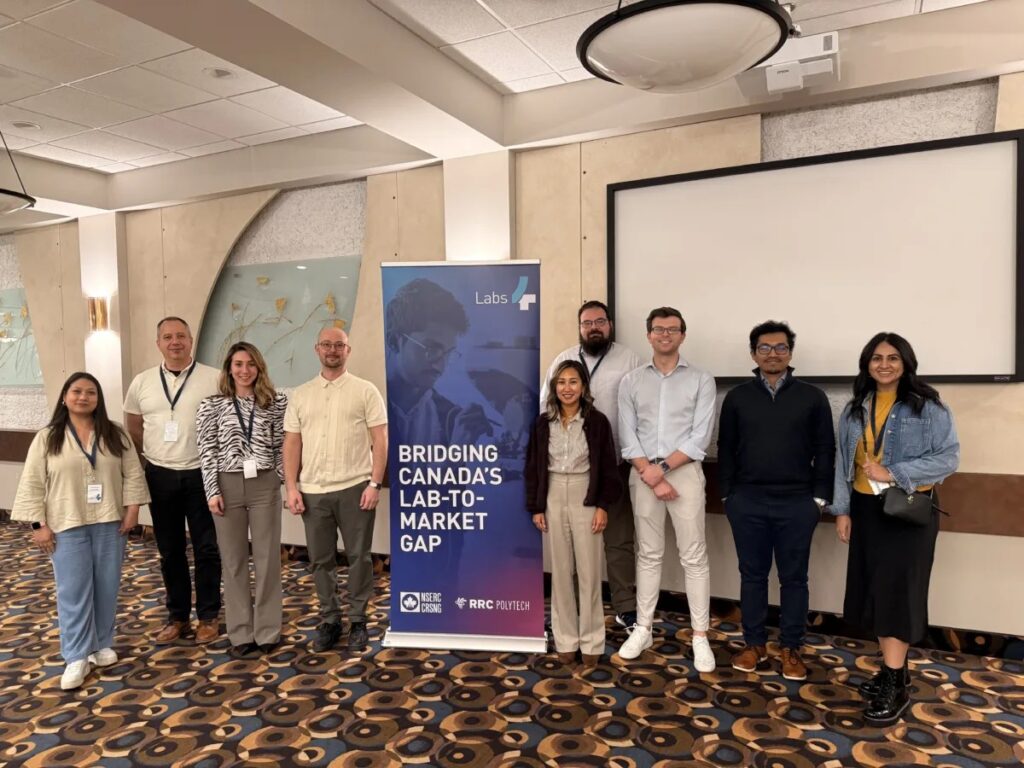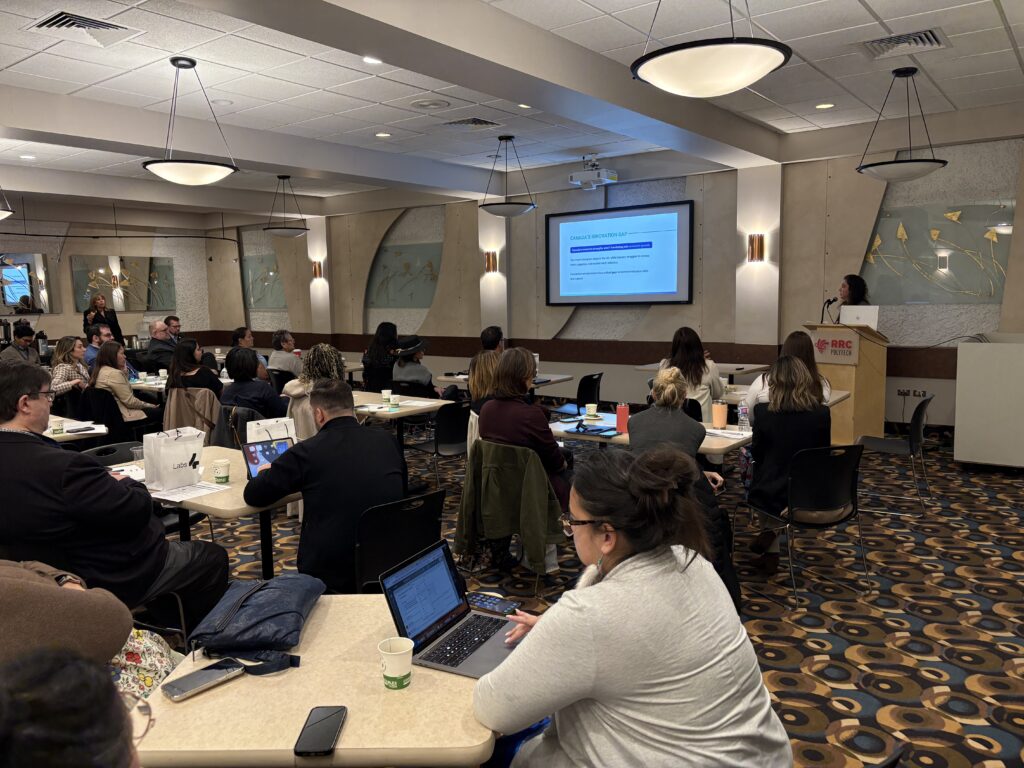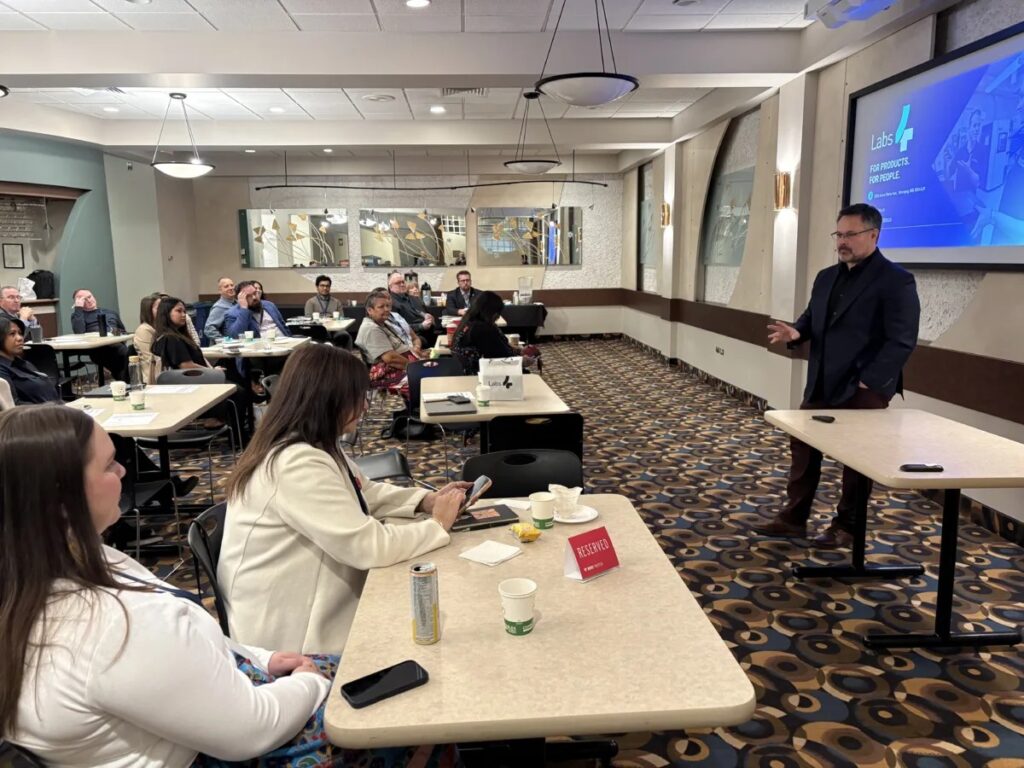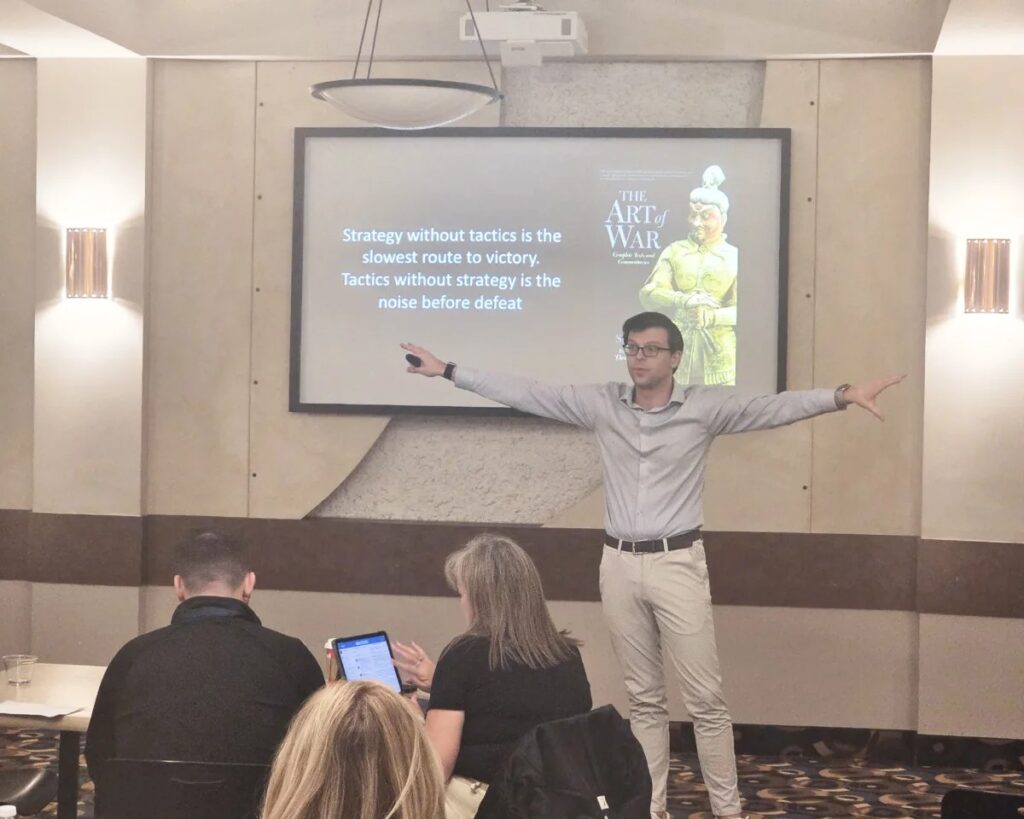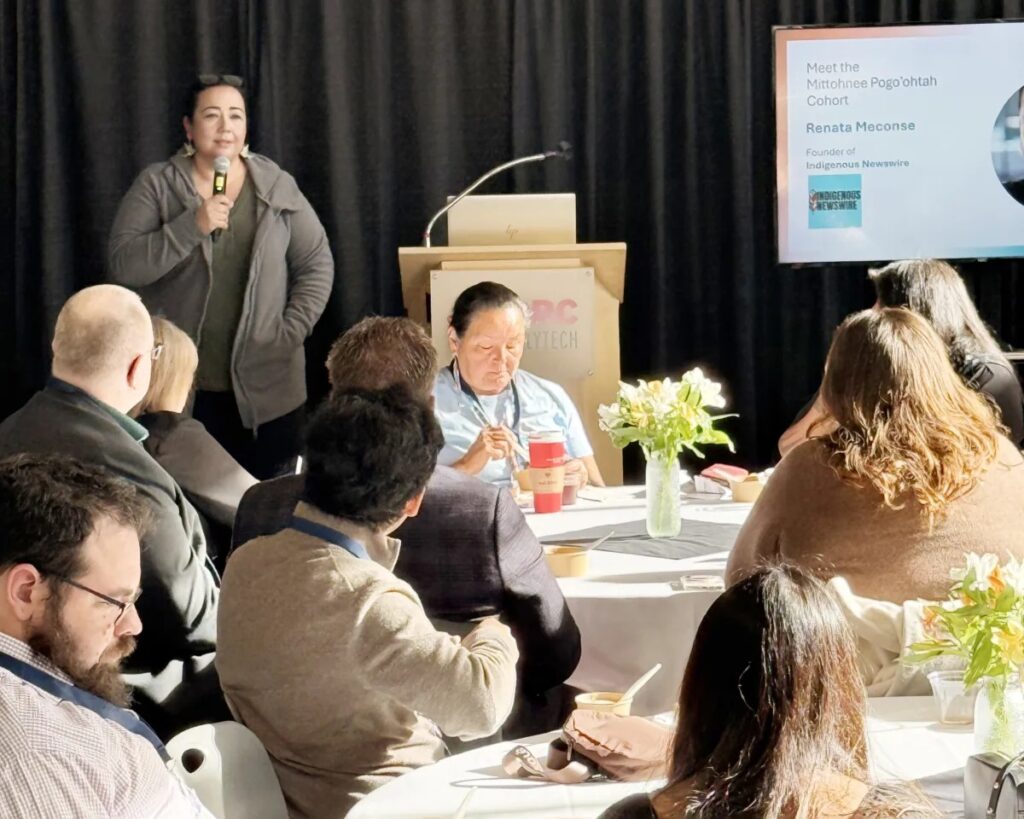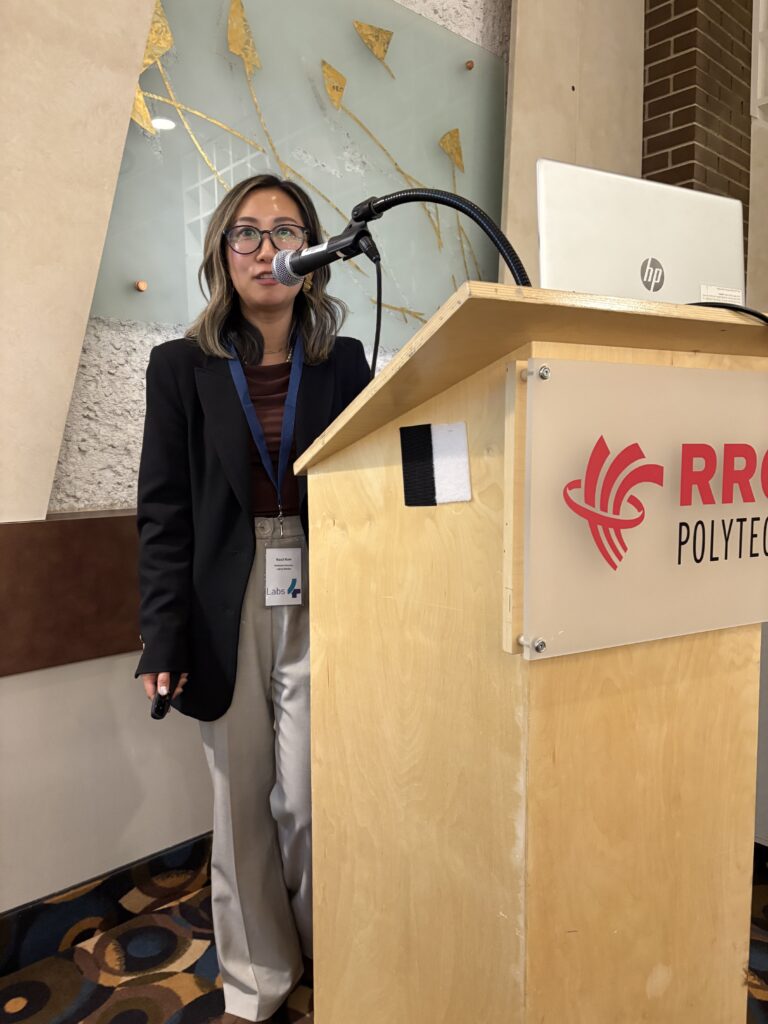Labs4 is Bridging Canada’s Research-to-Market Gap – February Update

Each month we shine a spotlight on the bold ideas shaping Canada’s innovation landscape through Labs4 – a nationwide network powered by RRC Polytech’s Research Partnerships & Innovation (RPI) enterprise.
Here are the latest success stories fueling Canada’s next wave of economic growth:
Labs4 launches Market to Lab pilot projects at RRC Polytech and NSCC
Labs4 has launched pilot projects for its Market to Lab (MtL) Program, now underway at RRC Polytech in the Prairies and Nova Scotia Community College (NSCC) in Atlantic Canada. Market to Lab is a two-month, hands-on commercialization sprint for researcher-entrepreneurs building research-based ventures.
Valorizing Canadian Innovation: How Labs4 and Labs+ Turn Research into Economic Value
For decades, Québec has led Canada in valorization, investing in applied research capacity and industry-facing supports that help teams protect IP early, test it in real-world conditions and make the manufacturability, durability and scale-up decisions that determine whether a discovery becomes something the market can adopt. Labs4 and its Québec hub, Labs+, are designed to extend that momentum across the country.
Labs+: Activating Québec’s CCTT Ecosystem to Accelerate Research to Market
Canada is rich in research, but finding pathways to bring good ideas to market remains a national challenge. In Québec, a new innovation hub is tackling that gap head-on. Labs+ is the province’s hub of Labs4, a pan-Canadian initiative that helps student-researchers and early-stage innovators move their work out of the lab and into the market by embedding commercialization support early in the innovation journey.

Labs4 is an RRC Polytech-led, Canada-wide network of 38 colleges, universities, and polytechnics working in partnership to empower researcher-entrepreneurs to turn academic breakthroughs into real-world ventures, products, and solutions.
Delivered through 11 Regional and Indigenous Entrepreneurship Hubs, Labs4 is inclusive by design, nationally coordinated, and regionally grounded. Our mission is to close Canada’s research-to-commercialization gap by equipping researcher-entrepreneurs with the experience, tools, and networks to turn ideas into impact.
We build on research excellence by prioritizing productization and real-world outcomes. Through Labs4, innovations gain traction, ventures gain momentum, and Canada gains economic and social value.

